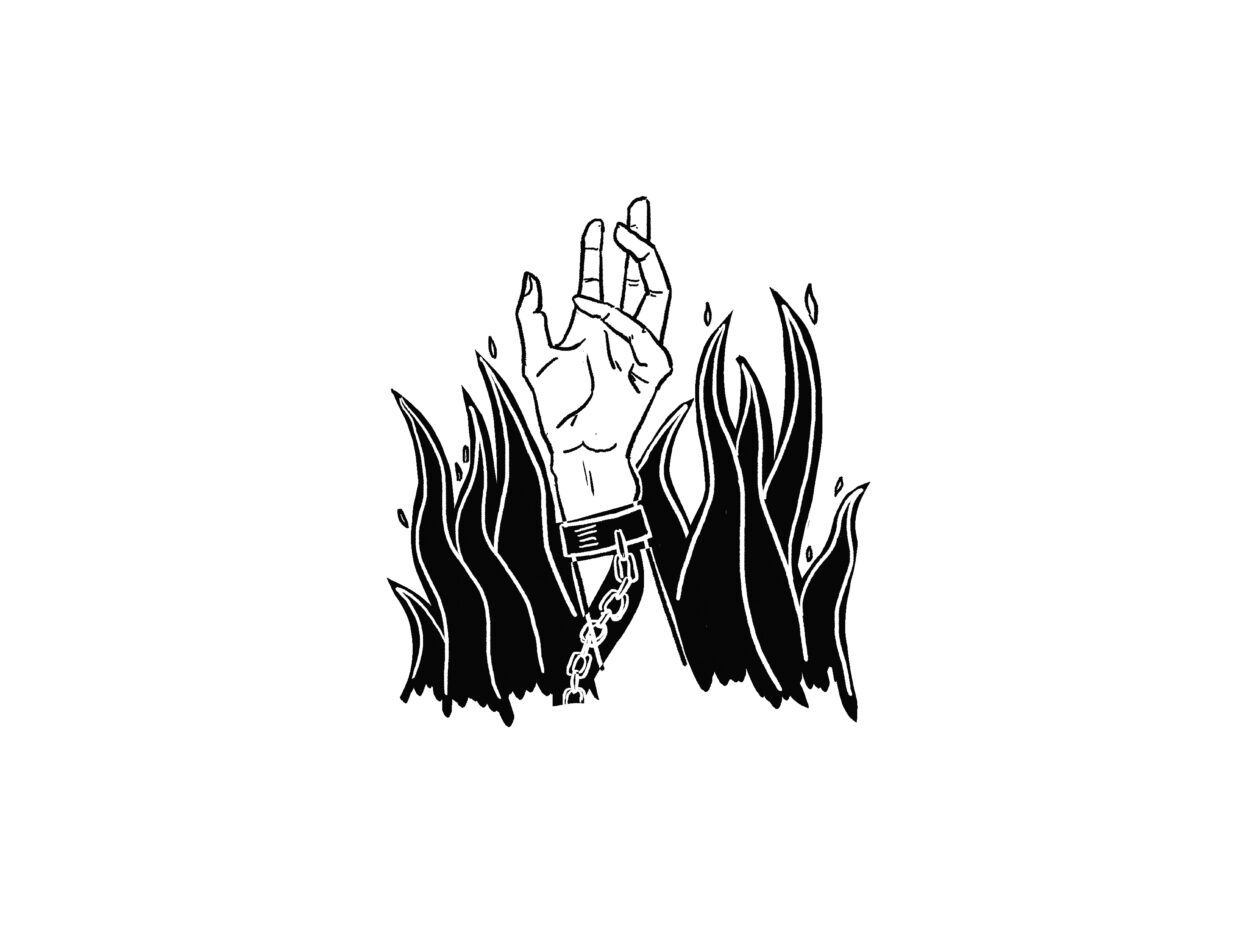
Image by Ivy Sanders Schneider

Image by Ivy Sanders Schneider
It is pretty difficult to say something about the necessity and possibility of radicality — the kind that fueled the avant-garde — that doesn’t sound either scripted or pessimistic. But it cannot be understated that the sustained cohesion necessary to build vanguard movements feels increasingly unlikely; today, the menace of instantaneous visibility seems to promptly unravel artistic intent. The period of germination for anything that thrives on ambiguity, contradiction, or conflict is long. Without time, radicality cannot breed and bear fruit.
I ask myself about the values that Covid-19 will push to the surface. In my field — sculpture — the quantifiable consequences are easy to see: fewer opportunities, less money exchanging hands. But the qualitative shift is much more elusive. The aesthetic shifts brought on by the violent upheaval of the pandemic remain unresolved despite the opportunistic voices that proclaimed the new modus, and their reliance on the internet. (Who cares about online exhibitions and online content as much as we were forced to in those days? Not me.) Society has, by and large, gone back to business as usual, but our aesthetic response is in purgatory — changed, but not yet understood.
My optimism about art’s capacity to produce paradigmatic shifts lies in the intelligence of form. Making is thinking. While it is clear that it is very difficult for artists to control the grip over their means of distribution, we (and here I exceptionally use the first person plural) can and must remain in control of the means of production.
Gabriel Kuri is a sculptor born and raised in CMDX. He exhibits worldwide and is currently based in Brussels.